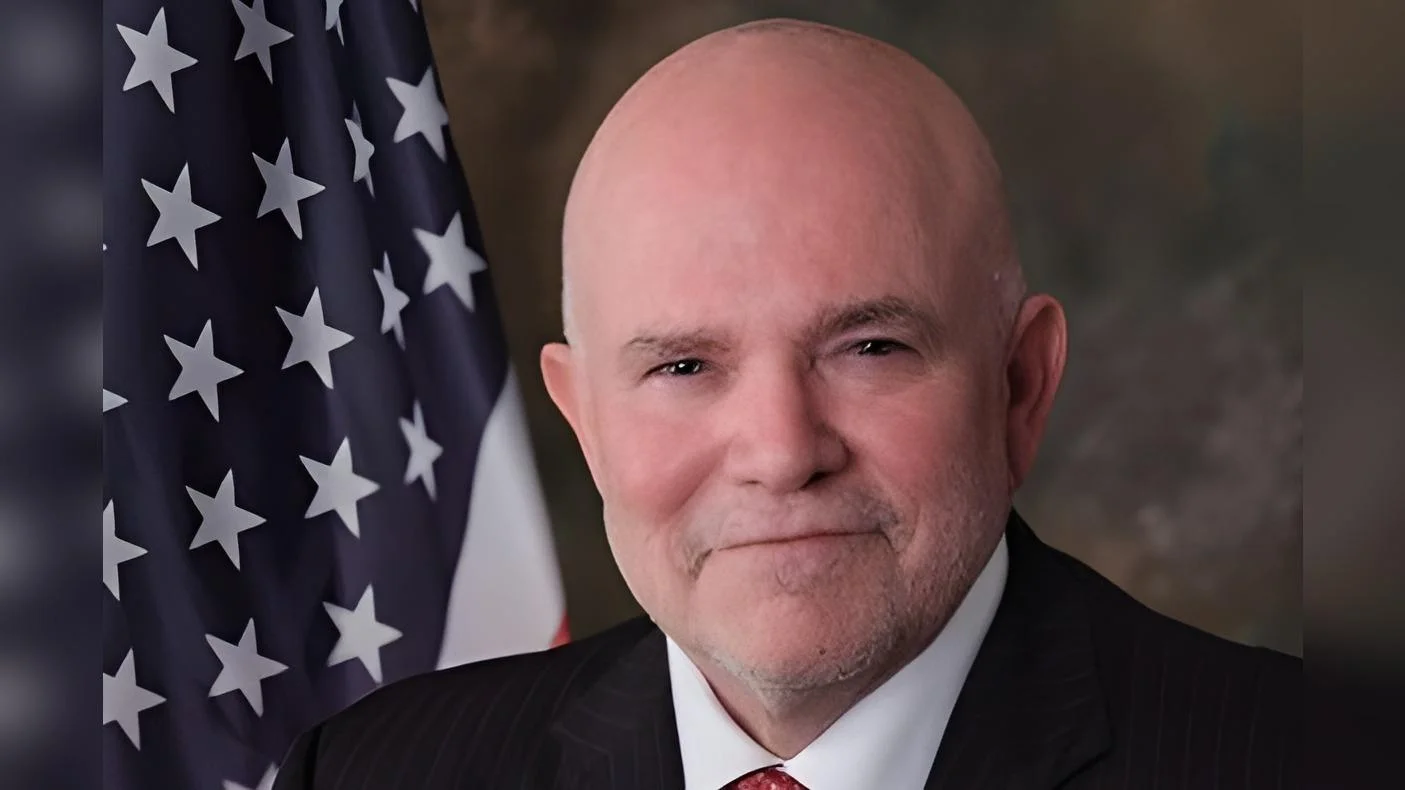Semler Scientific Inc. has agreed to pay $29.75 million, and Bard Peripheral Vascular Inc., along with its related companies, will pay $7.2 million to settle allegations that they violated the False Claims Act by causing false claims to be submitted to Medicare for tests using the FloChec and QuantaFlo devices. These devices were used in diagnosing peripheral arterial disease (PAD).
According to Assistant Attorney General Brett A. Shumate of the Justice Department’s Civil Division, “Medicare billing regulations are created, in part, to protect the public fisc. It is incumbent upon manufacturers and their distributors to be honest with their customers about the rules and regulations that apply to their products.”
U.S. Attorney Gregory W. Kehoe for the Middle District of Florida commented, “Government programs expect an honest exchange between suppliers and programs funded by taxpayer dollars. When critical information is misrepresented or skewed for profit or personal gain, the limited resources available for our healthcare system are diminished.”
Acting Special Agent in Charge Isaac M. Bledsoe of HHS-OIG stated, “Medical device companies that misrepresent the capabilities of their products and encourage providers to bill Medicare for services that do not meet coverage requirements drain critical taxpayer-funded resources. In addition to this settlement, HHS-OIG has entered into a new five-year Corporate Integrity Agreement with Semler Scientific, which agreed to undertake substantial internal compliance measures to help ensure that the company remains appropriate and lawful moving forward.”
Peripheral arterial disease affects blood flow in the lower extremities due to narrowing or blockage of blood vessels between the heart and legs. Traditionally, PAD is diagnosed using an ankle brachial index (ABI) test, which is required along with other testing for Medicare reimbursement under certain CPT codes.
Between 2010 and 2024, Semler manufactured and marketed FloChec and QuantaFlo devices nationwide for PAD diagnosis; both use photoplethysmography technology—a method not covered by Medicare for noninvasive vascular tests. The FDA informed Semler that these devices did not perform ABI tests.
The settlement resolves allegations that Semler and Bard claimed tests done with these devices were eligible for Medicare reimbursement despite knowing otherwise. The United States alleged Semler was aware these tests did not meet CPT code requirements but continued marketing them as reimbursable even after concerns were raised.
Bard acted as distributor from 2012 through 2022; it admitted certain allegations as part of the settlement.
In addition to financial penalties, Semler will implement significant internal compliance reforms under a five-year Corporate Integrity Agreement with HHS-OIG.
The case began as a lawsuit filed by Robert Kane and Franklin W. West under qui tam provisions of the False Claims Act; they will receive about $6.5 million from the recovery.
The matter was handled through cooperation among several government offices including the Civil Division’s Fraud Section and U.S. Attorney’s Office for the Middle District of Florida.
Authorities emphasized ongoing efforts against health care fraud and encouraged reporting suspected fraud via 800-HHS-TIPS (800-447-8477).
It was noted that all resolved claims are allegations only without determination of liability.





